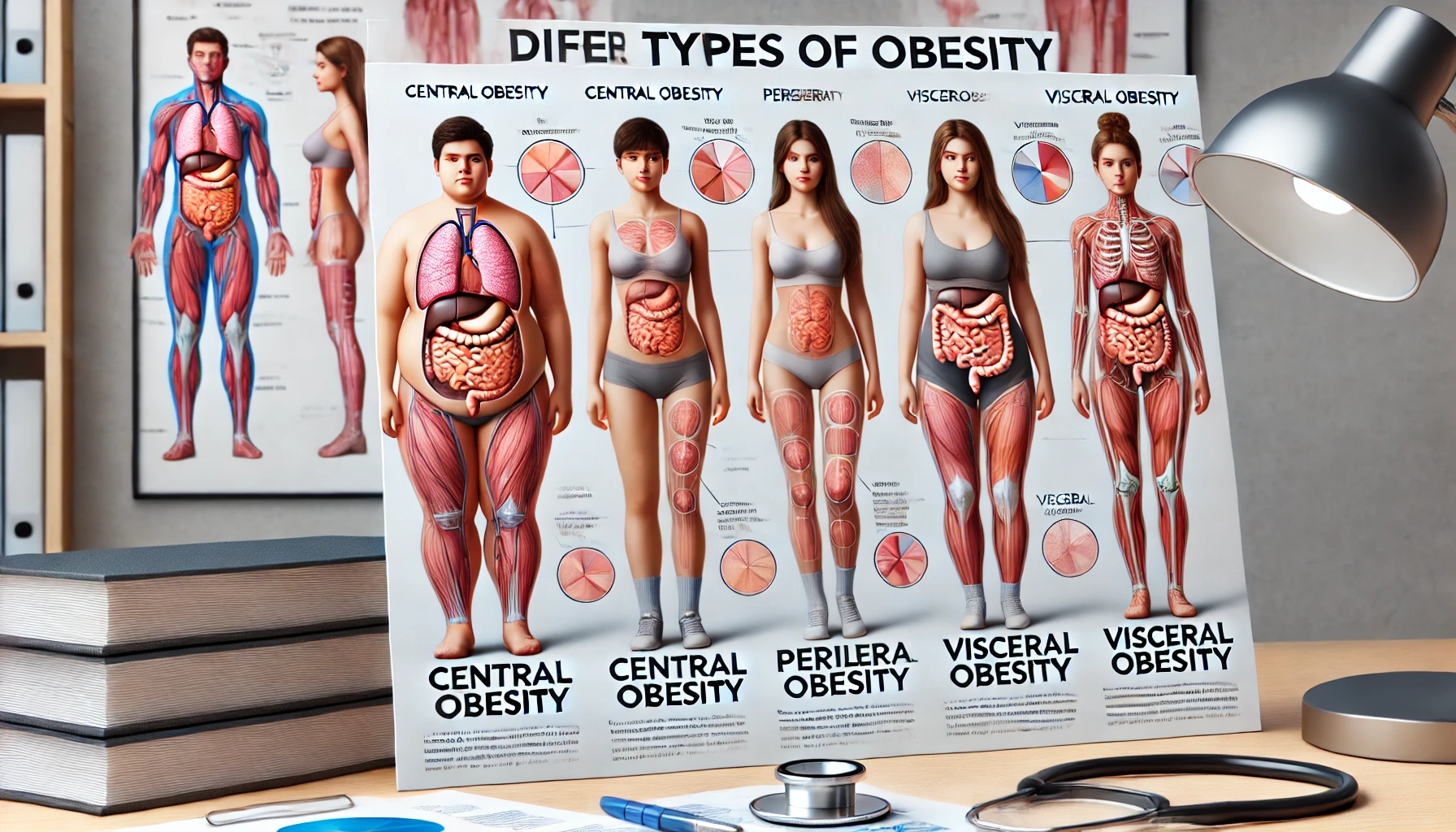Obesity is a global epidemic, but it’s often misunderstood. People are quick to blame poor discipline or laziness, but the truth is far more complex. From corporate food strategies to behavioral traps and policy failures, obesity is rooted in a web of factors that go beyond individual choice.
Here are the 10 real reasons why people become obese — backed by science, systems thinking, and social realities.
1. 🍟 Ultra-Processed Food Industry Manipulation
Multinational food corporations design foods to be hyper-palatable (high sugar, salt, fat), addictive, and easy to overconsume.
- Think chips, sodas, sugary cereals.
- These products are engineered for addiction, not nutrition.
🧠 Fun Fact: The “bliss point” is the exact combination of sugar, salt, and fat that makes a food irresistible — discovered and patented by food scientists.
2. 👨⚖️ Weak Oversight by Food Authorities
Regulatory bodies often fail to enforce stricter labeling, advertising, and composition standards.
- Misleading “low-fat” or “natural” labels misguide consumers.
- Lobbying by food giants dilutes public health policies.
🧪 Many sugary drinks still bypass stricter regulations due to loopholes in food labeling laws.
3. 🧑💼 Corporate Governance Focused on Profits, Not Public Health
Public health takes a backseat when profit-driven marketing pushes harmful foods into vulnerable communities — especially children.
- Fast food ads flood kids’ TV and social media feeds.
- Lack of corporate accountability worsens the crisis.
🍔 A single fast-food chain may spend more on marketing in a month than some countries do on nutrition education in a year.
4. 🧠 Behavioral Conditioning & Learned Habits
Obesity is deeply tied to behavioral psychology:
- Eating is often rewarded emotionally.
- Habits like stress-eating, late-night snacking, and boredom munching become conditioned over years.
🔁 Many people aren’t hungry — they’re triggered by emotions, time of day, or environment.
5. 🌆 Obesogenic Environments
Urban settings often discourage physical activity:
- No safe sidewalks or parks
- Overabundance of fast food vs. lack of fresh produce
- Sedentary lifestyles promoted by screen-based entertainment
📉 Your ZIP code can influence your waistline more than your genetic code.
6. 🏫 Lack of Nutrition Education
Most schools don’t teach real-world food literacy:
- Students learn about macronutrients but not how to build healthy habits.
- Many adults don’t know how to read a food label properly.
📚 Knowing the difference between hunger and craving isn’t intuitive — it’s learned.
7. 🧬 Genetics & Epigenetics (But Not an Excuse)
Genetics can predispose individuals to obesity — but don’t doom them to it.
- Certain genes affect metabolism, fat storage, and hunger signals.
- Epigenetic changes from poor diet or stress can pass down generations.
🧬 But even with “obesity genes”, lifestyle matters more.
8. 💊 Medication and Hormonal Imbalances
Certain medications and conditions can cause weight gain:
- Antidepressants, steroids, and insulin therapy
- PCOS, hypothyroidism, insulin resistance
⚠️ This reinforces the need for personalized weight management, not one-size-fits-all advice.
9. 🕒 Time Poverty and Modern Work Culture
People are overworked, under-rested, and always in a rush:
- Reliance on ready-to-eat meals
- Irregular eating patterns
- Sleep deprivation, which increases hunger hormones like ghrelin
💼 The hustle culture creates an ideal condition for weight gain.
10. 🌍 Systemic Inequality & Food Deserts
In many regions:
- Healthy food is more expensive
- Grocery stores are miles away, but fast food is on every corner
- Public health initiatives don’t reach low-income communities
🧺 Obesity is a socioeconomic issue, not just a personal one.
🧠 Final Thought: Obesity Is a Symptom of a Broken System
Yes, personal choice plays a role — but blaming individuals for obesity ignores the complex web of behavioral science, poor policy, systemic inequality, and profit-driven food systems.
🛠 What we need:
- Stronger regulation of food marketing
- Better urban planning
- Widespread food education
- Tech-based behavioral interventions
- And public accountability for corporations and regulators alike



